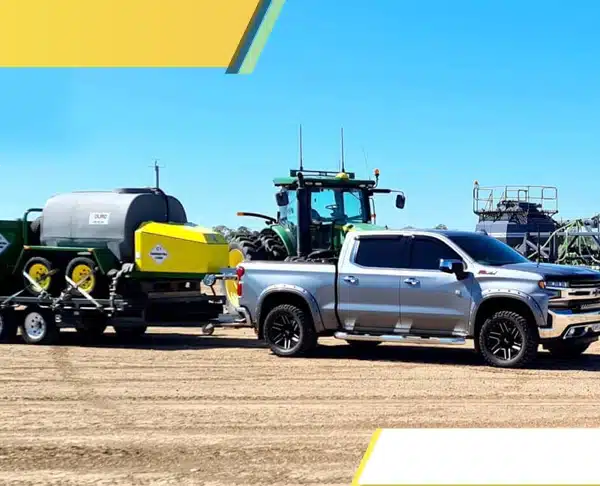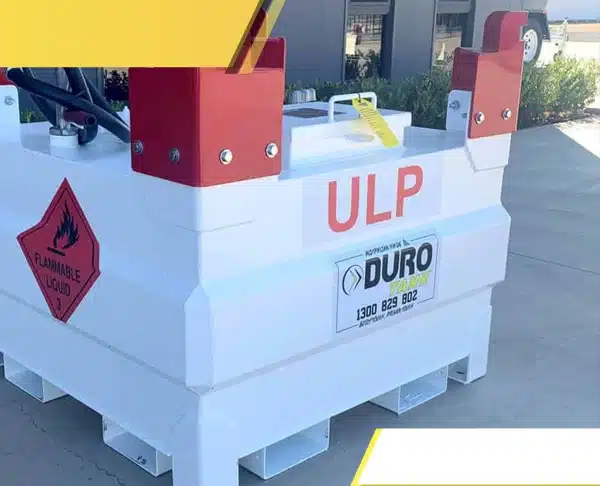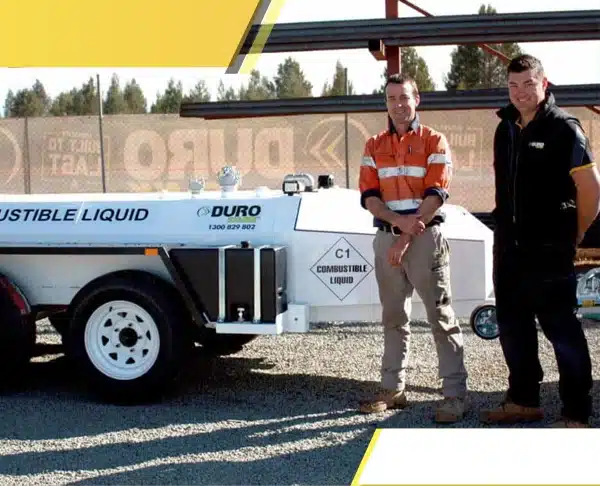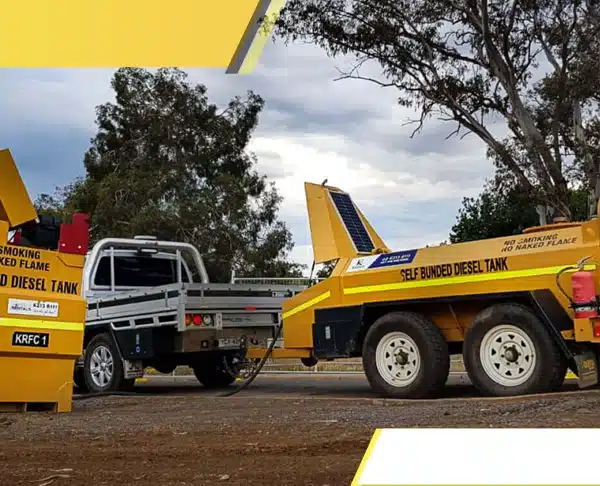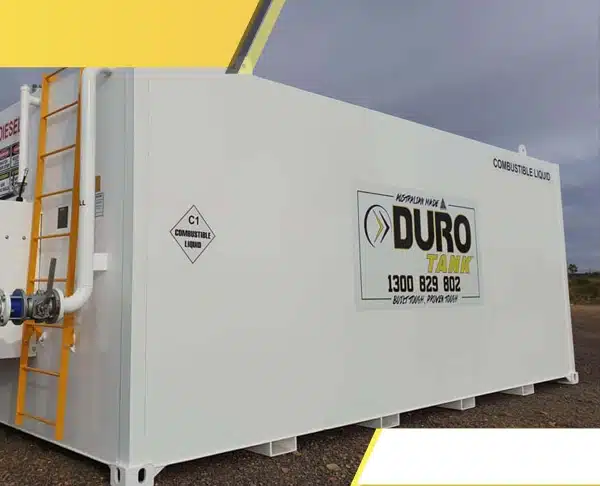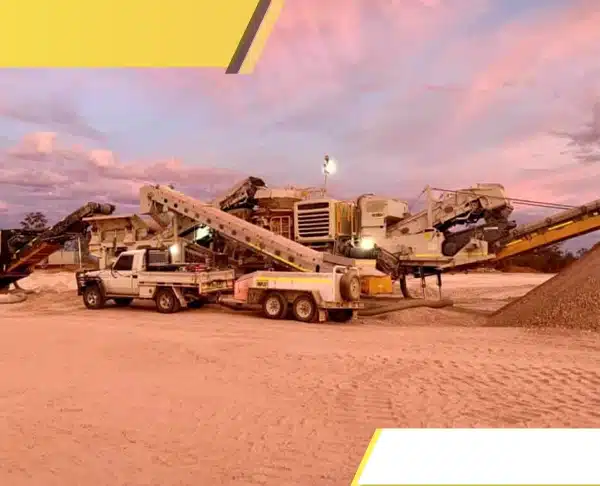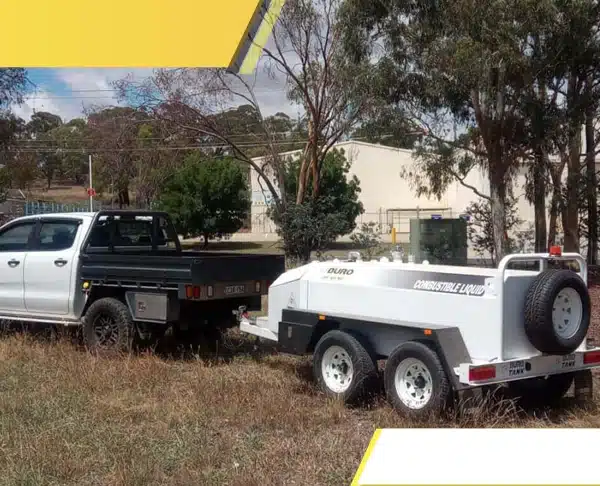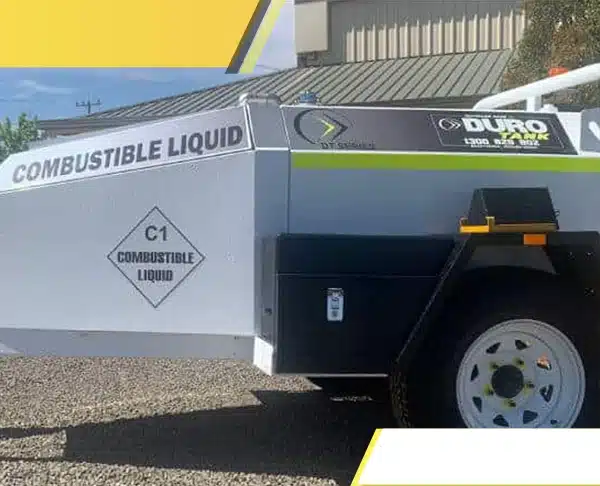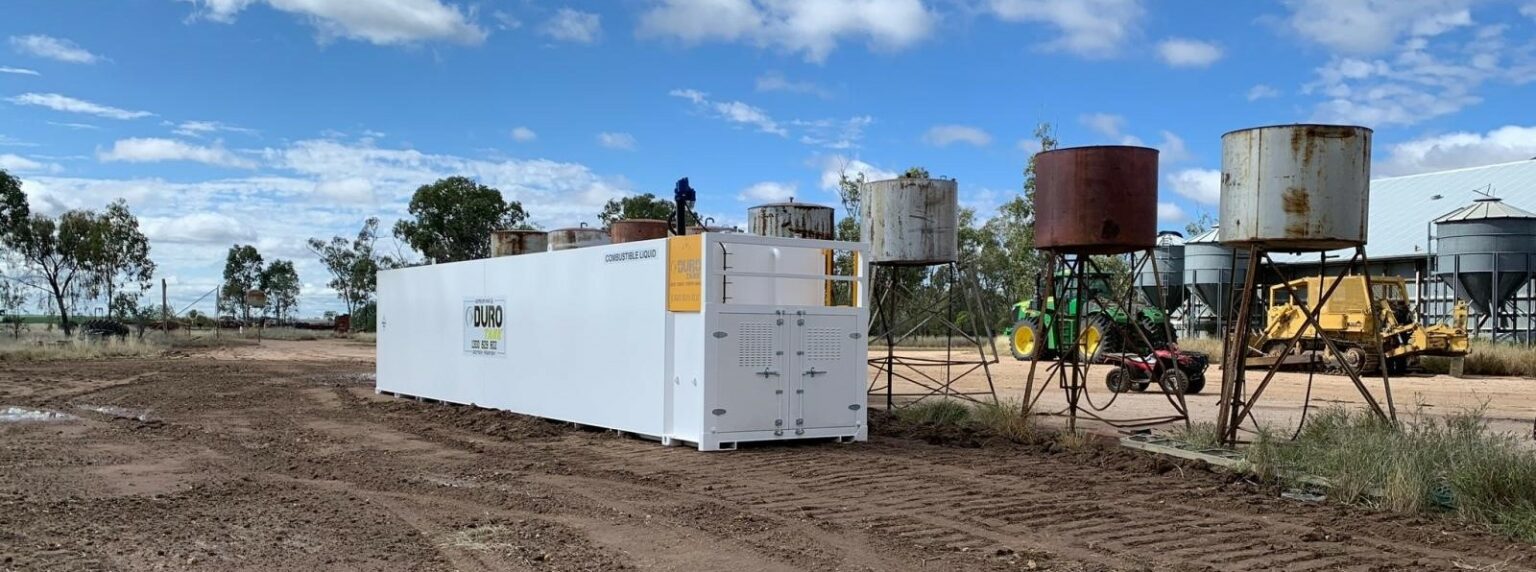
What are the most popular farm fuel tanks?
Farm fuel tanks play an essential role in the smooth operational running of a farm. They help ensure farm machinery has fuel whenever it is needed, improving efficiency, and facilitating jobs to be finished faster. Having fuel readily available means activities and jobs are easier to plan and schedule. There are a variety of different types of agricultural fuel storage tanks to choose from and this article considers which are the most popular farm fuel tanks.
Key farm activities
The type of farm and the location will characterise the key machinery required and activities undertaken. For crop farming such activities include planting or sowing and harvesting. For livestock farming, farmers need to maintain the health of the animals, the paddocks, fences, buildings and land for the animals, their fodder and many other operations. Activities will require a selection of machinery and equipment.
Important equipment
Tractors are vital to farms due to their versatility to undertake many different jobs, their strength and size and practicality. Tractors play a major role in daily activities around the property from transporting equipment, pulling machinery, sowing seeds or harvesting crops. Without a tractor, a farm would have great difficulty operating to capacity.
Other key farm equipment includes cultivators for breaking up the soil and getting it ready for planting, harvesters, trailers for transporting, harrows, seeders, and wash down stations. Machinery and equipment require fuel for power so being able to refuel on-site presents a huge time and cost saving.
Fuel tanks
Storing fuel on-site allows cost savings through bulk fuel purchasing at a cheaper price than at the bowser. It also means time is not lost or wasted through having to refill machinery at the servo.
Popular farm fuel tanks
Above ground cylinder on tripod
These are traditional fuel storage facilities. The advantages of these are they rely on gravity for refuelling so don’t need a pump, plus due to their smaller size, they aren’t regulated by environmental legislation so don’t require bunding making them a cheaper option for fuel storage on farms.
The disadvantages of such tanks include their small storage capacity, lack of stability, with the possibility of tanks toppling over in high winds and storms. Filling tanks is inefficient and manual and via a ladder and the tanks offer little security against fuel theft on farms.
Ground Tanks
Tanks are rectangular in shape and have an extensive range of sizes with a fuel capacity from 250L up to 100,000L. These are the most popular farm fuel tanks. Due to the volume of fuel held, tanks are self-bunded (double walled) to help alleviate spillage and the potential for environmental contamination. Advantages of such tanks include the potential for significant savings on fuel purchasing due to bulk fuel storage capacity, improved fuel management and forecasting through new fuel management systems and added security to tanks that prevents fuel theft. The longevity of tanks is another strong feature of ground tanks. They are durable, and longlasting in harsh environments and weather conditions. The disadvantages of ground tanks are that there is a higher initial cost outlay for the tank but this can be quickly recovered with bulk fuel cost savings. See how this works with our fuel savings calculator. Another negative is that adequate land is required to house the tank which can take up valuable land space.
Underground tanks
Another option is for farm fuel tanks to be situated underground. This is a much higher cost for installation and for tank maintenance, making the underground tank a less popular option. They do reduce any footprint on the land which is a benefit, but the costs usually outweigh this. Underground tanks also pose a more significant environmental contamination threat.
Most popular sizes of fuel tanks on farms
The size of the fuel tank will correspond to the size of the farm. For larger or multiple properties, 80,000L and 100,000L farm fuel tanks are popular choices, with diesel being the most common fuel type. For smaller farms, 10,000 to 33,000L fuel tanks are often purchased and will be sufficient to meet the farm’s bulk fuel storage requirements.
How Durotank can help
Durotank specialises in premium quality ground tanks called Smart Tanks. These tanks are self bunded, 100% Australian made and are manufactured in a wide range of sizes from small 250L cubes all the way up to 100,000L tanks. Smart tanks and cubes are able to safely store a variety of fuel types including AvGas, ULP, diesel, oil and diesel and AdBlue tanks. Durotank products come with a 3 year warranty and are well-known for their outstanding quality and durability, alongside their ease of use.
Durotank Superior Bulk Fuel Storage Solutions Standing as Australia’s premier manufacturer of superior bulk fuel storage solutions, Durotank manufactures 100%…
For safety, efficiency and sustainability in your operations, Durotank is your trusted partner when it comes to Poly Diesel Trailers.…
When it comes to fuel storage solutions, Durotank stands out as an industry leader when it comes to self bunded…
Farm fuel tanks play an essential role in the smooth operational running of a farm. They help ensure farm machinery…
The transport industry is the backbone of an efficient supply chain process. To best streamline this process, trucks need to…
The Australian Summer brings with it challenges of harsh, hot, and dry weather, which increases the need for accessible water…
Importance of Reliable Fuel Storage in Remote and Industrial Settings In remote and industrial settings correct fuel storage is crucial…







